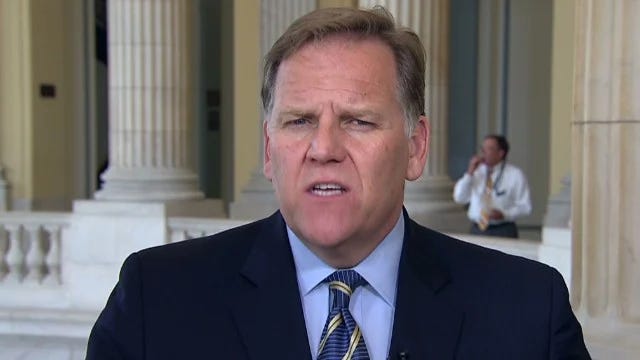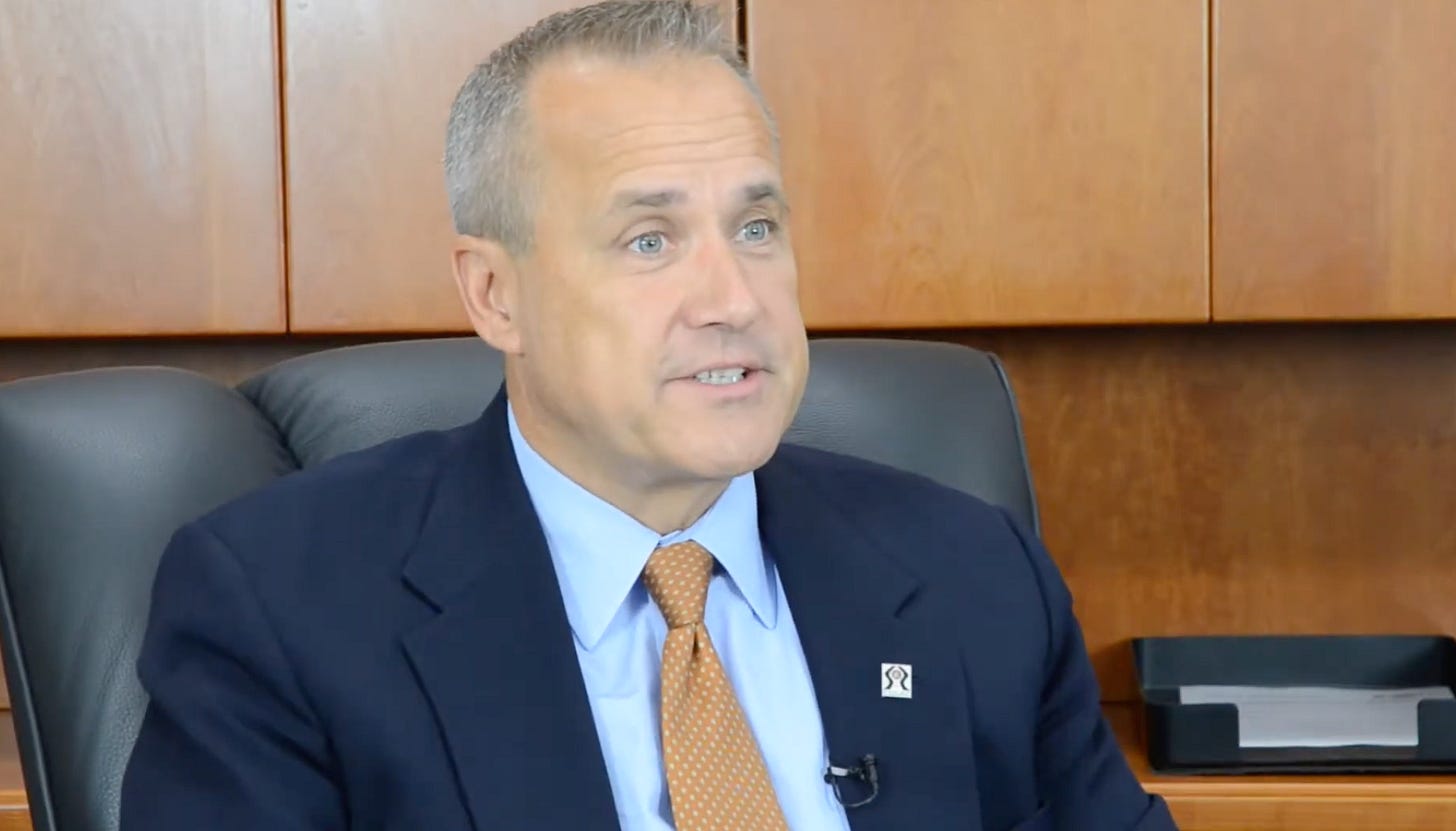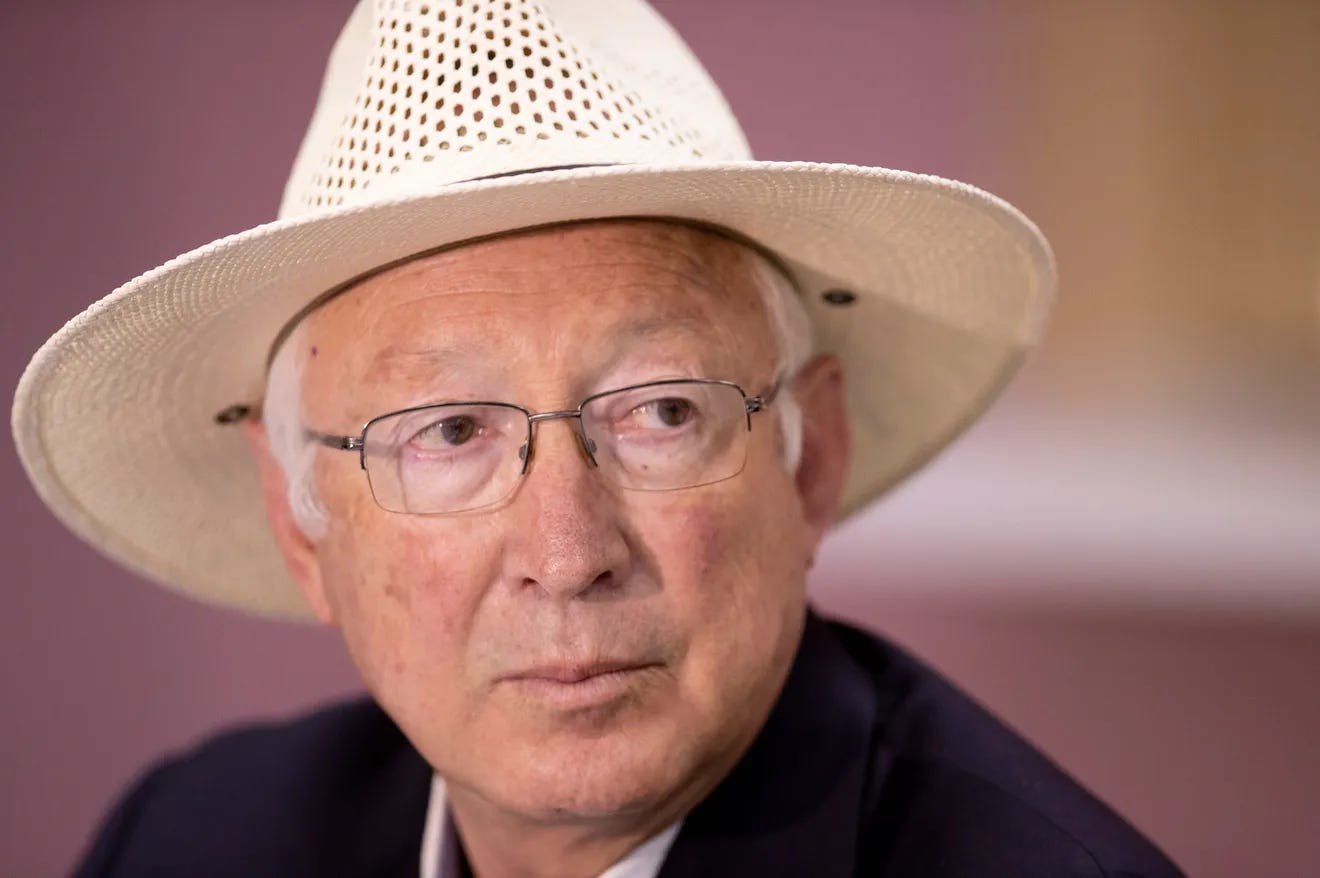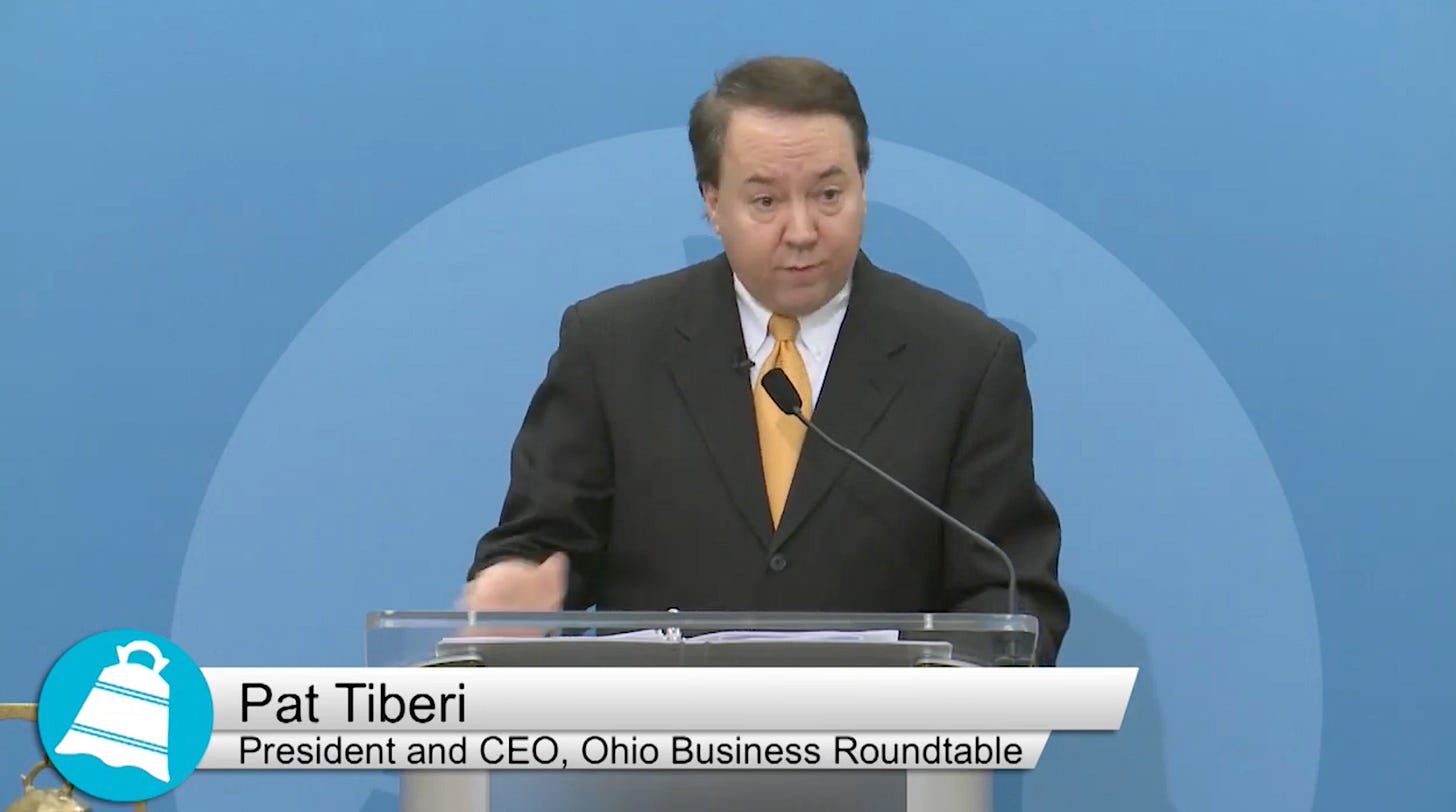Members of Congress Take Lobbyist Jobs Paying as Much as $4 Million
It pays for lawmakers to swing through the revolving door and join the ranks of influence peddlers.
The revolving door in Washington is perhaps the most pernicious form of corruption. It is illegal for incumbents to receive direct financial rewards from the interest groups that lobby them daily. But financial rewards are often delayed until retirement. While serving, members angle for high-paid private sector positions, trading favors and votes for a future career after working as an elected official. A member of Congress earning a $174,000 salary can multiply that by retiring and taking a position with a lobbying firm or corporate interest.
In other words, a powerful incentive keeping many lawmakers loyal to special interest groups is the hope of one day swapping roles.
The influence-peddling world is filled with scores of former lawmakers. However, few disclose how much they earn in the private sector. Over a decade ago, I wrote about this dynamic using existing public disclosures. Recent headlines about lawmakers rushing to join the ranks of K Street are a reminder that little has changed.
I combed through existing tax records, corporate annual reports, and ethics filings to show the known salaries of recent revolving door lawmakers.
Former Rep. Mike Rogers, R-Michigan: $987,337
Rogers oversaw intelligence issues for years, including a stint as chair of the House Intelligence Committee. In 2014, he left elected office and began consulting for various intelligence contractors. These relationships were not public until a few months ago when he began running for U.S. Senate. His disclosures showed that over a nearly two-year period, he collected $1,974,674 from consulting with IronNet, Nokia, D-Wave Systems, Mitre Corporation, SAP National Security Systems, and other contractors.
Former Rep. Jim Nussle, R-Iowa: $2,633,557
Nussle served as a lawmaker from 1991-2007 and then as the Director of the Office of Management and Budget for two years. In 2014, he was hired to lead the Credit Union National Association, a lobby group for credit unions. The organization recently rebranded as America's Credit Unions.
Former Sen. Ken Salazar, D-Colorado: $3,489,255
Salazar was elected to the Senate in 2004. He left his first term early to become Secretary of the Interior. After the Obama administration, Salazar joined the law firm WilmerHale as a partner. He worked for several oil and gas interests, including Anadarko, Chevron, and ConocoPhillips. He also advised Facebook and Water Asset Management, a New York hedge fund famous for buying water rights across western lands. He left private practice to join the Biden administration as ambassador to Mexico.
Former Rep. Pat Tiberi, R-Ohio: $1,046,747
Tiberi was elected in 1992 and served for twenty-six years in Congress. He left to lead the Ohio Business Roundtable, a trade group representing large business interests such as Amazon, Google, Cintas, and Cardinal Health.






